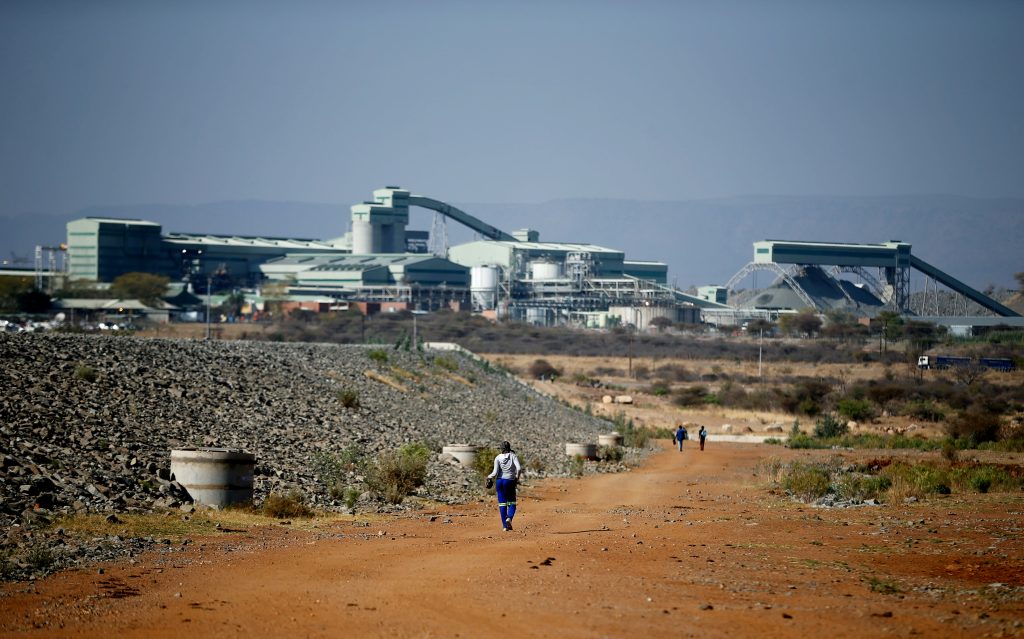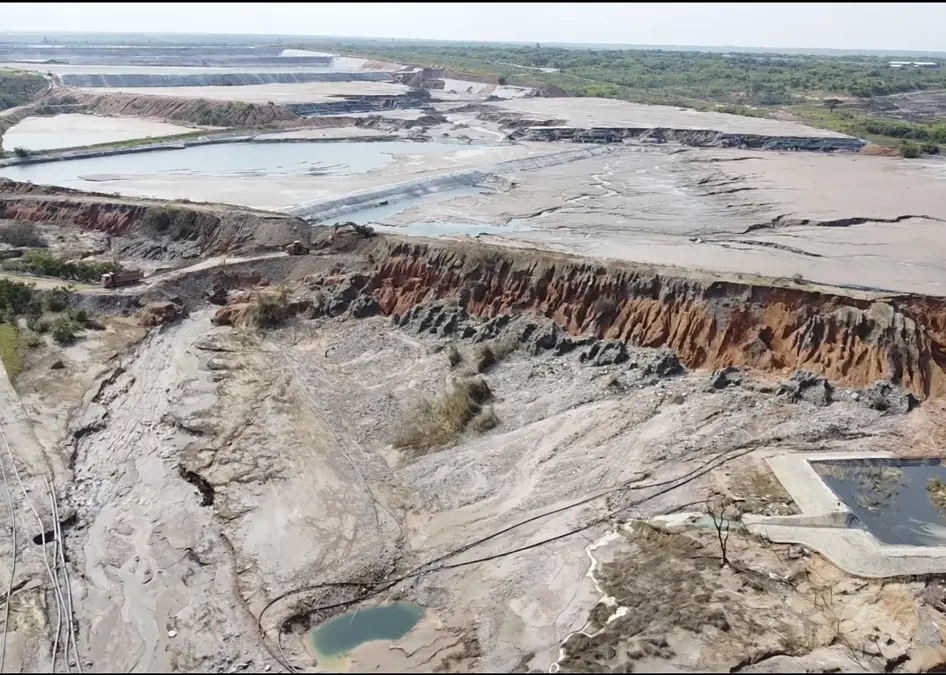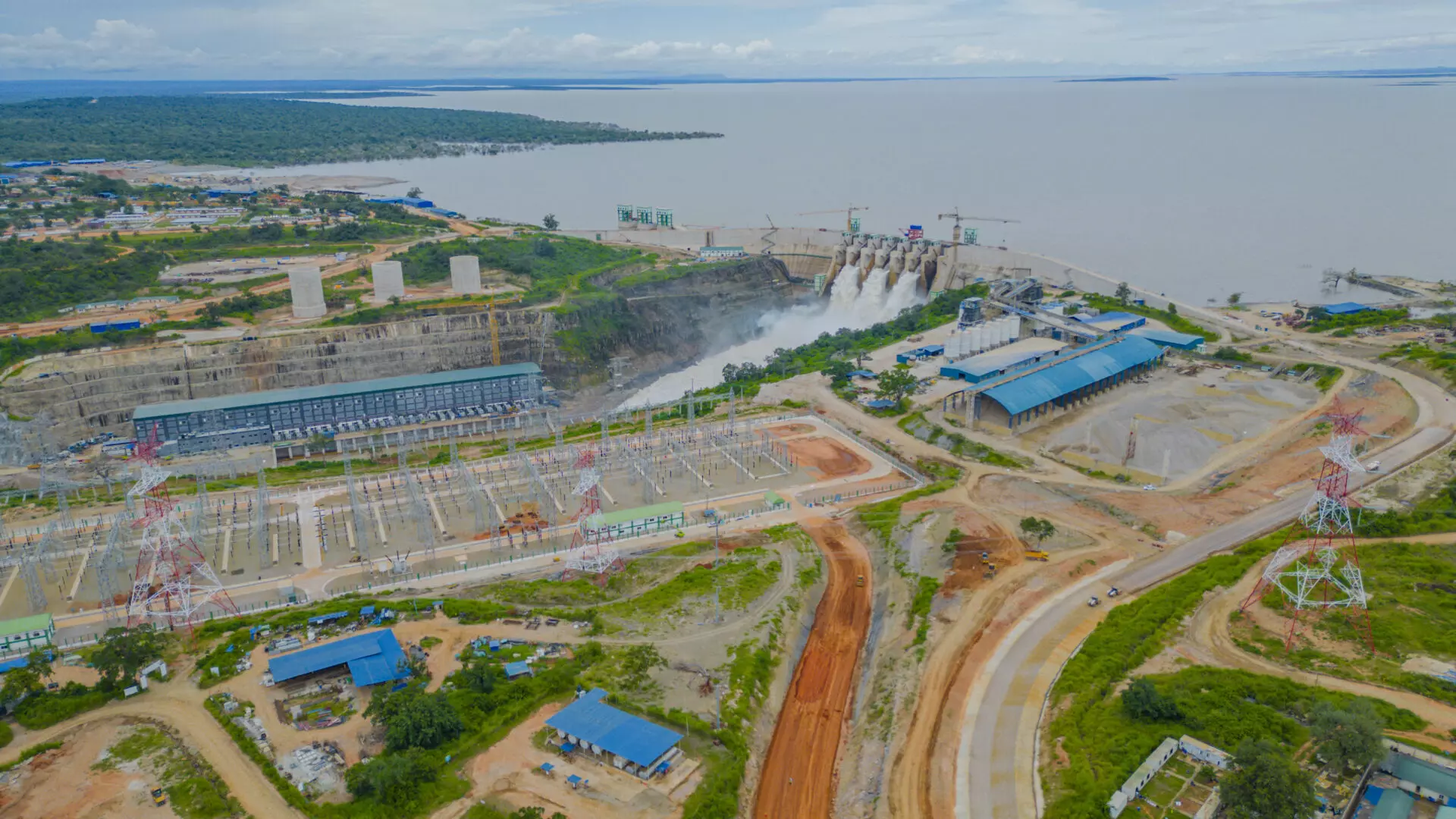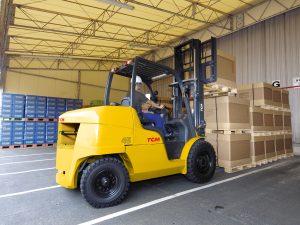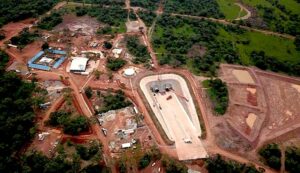Increasing investment in African mining should be a higher priority for the United States
his article has been adapted from the author’s forthcoming Atlantic Council report, “From greenfield projects to green supply chains: Critical minerals in Africa as an investment challenge,” with financial support from the Aiteo Group.
The US elections are quickly approaching. But while there may be a shift in administrations, critical minerals are poised to remain a central theme in US policy: Deep bipartisan support for remaking global supply chains and reducing dependence on China’s current dominance in processing have virtually election-proofed focus on the issue.
Rich in minerals and with a strategic location, African countries should be benefiting from this growing US interest. But currently—due to the investment-intensive nature of greenfield projects, the United States’ and Europe’s increased focus on self-reliance, and competition from other countries with more established mining industries—African countries risk largely losing out on this historic opportunity to attract more investment in the minerals that will fuel future industries,
To ensure that supply chains are restructured to best advance both US and African strategic interests, the US government must accelerate an integrated approach that combines investment facilitation, technological innovation, and capacity building.
New mines take a long time and a large amount of capital to build. Such challenges have hindered non-Chinese capital flows into African markets for decades; but non-Chinese investors and governments are aware of the strategic role the continent could and should play in the global shift to cleaner energy sources. For example, 56 percent of global cobalt reserves, key to electrical vehicle manufacturing, can be found in African countries, particularly in the Democratic Republic of Congo. While investment in critical-mineral infrastructure has grown in recent decades, a significant financing gap persists, estimated to be up to $108 billion each year.
The United States and the European Union (EU) are unable to finance infrastructure projects through the government-to-government lending model that China typically employs; thus, the emphasis is put on the private sector to make large-scale investments that must be financed from the firms’ balance sheets or through the capital markets rather than from government coffers. Yet, many Western companies view Africa through a lens of risk, which could be attributed to persisting negative narratives about African markets and people and the heightened scrutiny of global brands by nongovernmental organizations. Western companies’ concerns about political risk and corruption often override their assessments of opportunities. This is in sharp contrast with companies, such as ones from China, the Middle East, or even Turkey, that seem to focus more steadily on the opportunity in African economies created by young populations, rapid digitalization, and wide diversification, motivating these companies to work to mitigate the risks as they encounter them.
Another challenge for African countries hoping to attract Western investment for mining is the growing onshoring focus of the United States and EU. Western countries have resurrected industrial policy in a big way in recent years, ramping up billions in financing and guarantees for mining projects as the strategic vulnerability posed by dependence on Chinese supply chains becomes clearer. African and Western governments are united in their goal to change the current supply chain.
In response to China’s approach to critical minerals, onshoring, nearshoring, and friendshoring have proven a bipartisan priority in the United States. And, on both sides of the Atlantic, hundreds of billions of dollars are being pumped into this effort. This can be seen in the US Inflation Reduction Act (IRA), the US CHIPS and Science Act, and both the EU’s Net-Zero Industry Act and its batteries regulation of 2023, which all seek to make progress toward net zero and reduce dependence on China’s role in critical-mineral supply chains. The expanded processing capacity that will result from IRA-incentivized investment in the United States will require more inputs and, therefore, a dramatic expansion in mining—over three hundred new mines will be needed to meet electric-vehicle battery demand alone by 2035.
African countries will be home to many of these new mines. Including them in US friendshoring efforts in the years ahead will require investment that is responsibly structured to overcome historical sins. The history of mining and colonialism in Africa—with its extractive, exploitative, and environmentally damaging legacy—has fostered a deeply emotional context for conversations about the future of the industry on the continent. But while mining was part of an ugly past, it is also a necessary part of a brighter and greener future. To advance this vision, Western governments, investors, and development partners must ensure that economic benefits are broadened to meaningfully include local communities, national companies, and environmental and academic groups.
Africa, as a region, has vast potential to build value-adding mining industry capabilities; but potential, if left untapped, won’t attain the economic growth African countries are searching for. Tangible economic progress will require billions of dollars of investment. Washington must invest in its partnership with African countries by derisking increased investment from the private sector and by encouraging the adoption of transparent, equitable, and sustainable practices.
If governments, investors, and development partners don’t make dramatic changes in the next five years (during this administration and the next one) African nations may miss this opportune moment to leverage historic levels of demand for critical minerals to fuel industrial growth, foreign-exchange generation, skills acquisition, and job creation—and the United States may fail to counter Chinese influence in the supply chains that are critical for sustained US global competitiveness and national security.
Aubrey Hruby is a nonresident senior fellow with the Atlantic Council’s Africa Center and co-founder of Insider and Tofino Capital.
Share this content:
